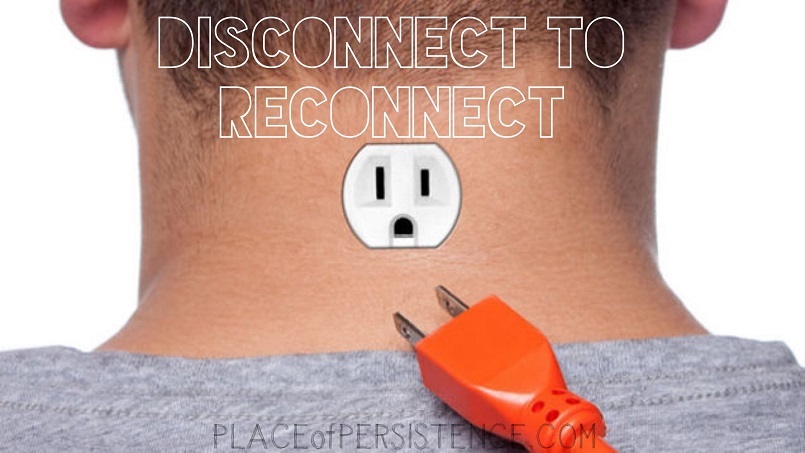
Your alarm sounds off in the morning signalling it’s time to start the day.
As you get that last yawn in, you’re already checking your Facebook, Twitter and Instagram. You brush your teeth while watching the latest crazy cat video on Youtube.
At work, you always seem to start on the big projects but the emails keep coming through, compounding your inbox with incessant questions that you just have to get back to.
By the time you get home you’re exhausted, frazzled, and feel like you haven’t accomplished anything.
According to American researcher, performance and behaviour specialist and best-selling author, Dr John Demartini, if this sounds familiar, you’re in need of a digital detox.
“If you feel that you’re not fulfilled at the end of the day because you’ve been inundated with distractions, you’ve dealt with only low priority stuff, you’re spaced-out, overwhelmed and angered, they’re all symptoms of needing a digital detox,” he says.
What Is A Digi-tox?
Digital Detox, Digi-tox and E-tox are all words that signify the act of removing oneself from the distractions caused by digitalisation. More so, it’s refraining from the use of electronic devices as a means to lower stress levels.
However, as claimed by Dr Demartini, it is also a means to prioritise your life and maintain high levels of productivity.
“If you don’t fill your day with high priority actions, your day is going to keep filling up with low priority distractions and the world outside is going to overrule your life,” he says. “In short, you’re going to beat yourself up because you’re letting other people dictate your destiny.”
Getting Started
Dr Demartini does not propagate a complete withdrawal from the digital realm, especially in a world that is dependant on communication. Instead, he propagates the simple act of prioritising.
“Every human being has a unique set of values and priorities,” he says.
Start by taking out a piece of paper and writing down what is important to you.
“Take a leaf out of Gary Keller’s The One Thing and ask yourself ‘if you have only 24 hours to live, what would be most important to you?’,” he says. “Start there and then ask what’s second important and so on so forth. You’ll end up with a list of short and long term priorities.”
Next, take out another sheet of paper and write down everything you do in a day.
“Categorise your actions based on the degree of productivity, what meaning they have, whether it can be delegated, how much time is spent,” Dr Demartini says. “You’ll really get clear about what you’re spending your time on.”
Then, compartmentalise your day by drawing a grid of importance, each square symbolising a priority, and fill up the squares with activities that have contributed to your high priority list.
“Anything that doesn’t fit into the grid needs to be deleted,” Dr Demartini says.
Lastly, take time to switch off your phone and computer and enjoy a little time out with yourself or loved ones.
“Sometimes you can’t get things done because the phone is taking over your life,” he says.
“Remember, there’s a difference between being busy and getting things done.”
